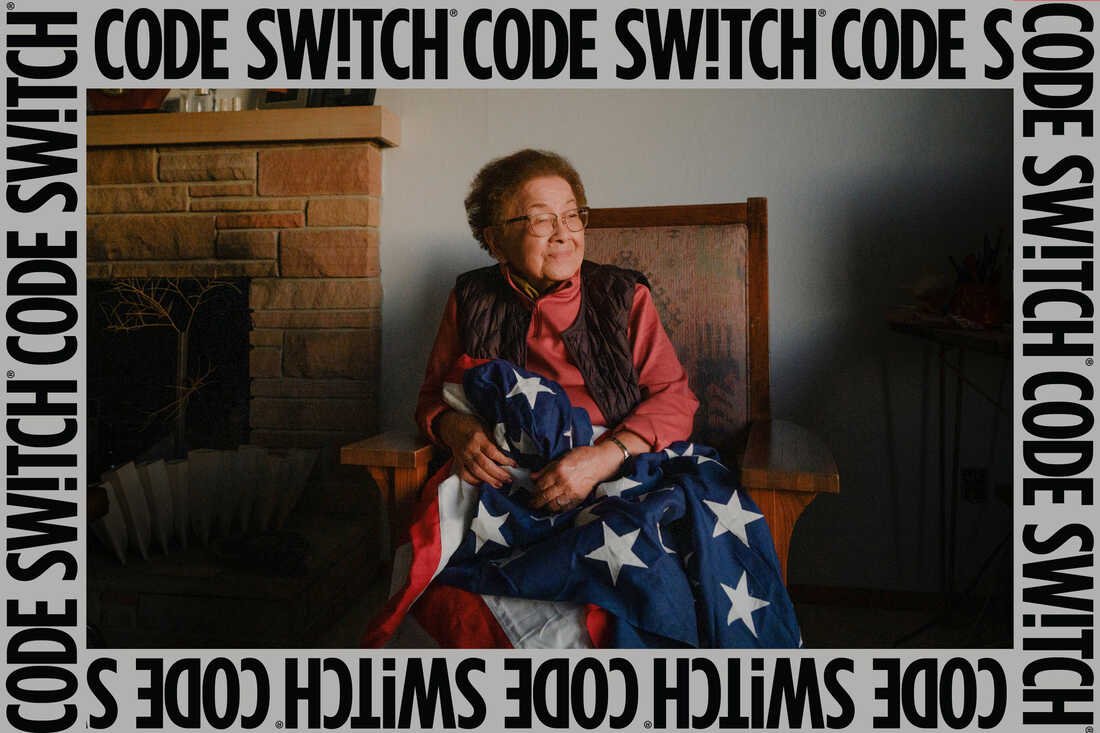

Joan Suzuki, the grandmother of reporter Kori Suzuki, who was born and raised in the U.S., but lived in Japan during World War II.
Kori Suzuki
One of the most pivotal moments in Japanese American history was when the U.S. government uprooted more than 100,000 people of Japanese ancestry and forced them into incarceration camps. But there is another, less-known story about the tens of thousands of Japanese Americans who were living in Japan during World War II — and whose lives uprooted in a very different way.
In the early 1900s, many young Americans of Japanese descent left the United States to escape discrimination and seek opportunity back in Japan. When war broke out, they experienced the violence of the U.S. offensive while trying to navigate complex, often contradictory feelings about identity and belonging. On this episode of the pod, reporter Kori Suzuki explores this period through a very personal story — that of his grandmother, Joan Suzuki.
Kori Suzuki is a reporter and visual journalist based in the San Francisco Bay Area. He is a recent graduate of the UC Berkeley Graduate School of Journalism. His personal work focuses on climate change, race and identity. You can it at korisuzuki.com.
This episode was originally edited by Shereen Marisol Meraji, head of the audio concentration at the UC Berkeley Graduate School of Journalism. Additional editing came from Ethan Toven-Lindsey, Lisa Armstrong and Queena Kim.

Felecia Phillips Ollie DD (h.c.) is the inspiring leader and founder of The Equality Network LLC (TEN). With a background in coaching, travel, and a career in news, Felecia brings a unique perspective to promoting diversity and inclusion. Holding a Bachelor’s Degree in English/Communications, she is passionate about creating a more inclusive future. From graduating from Mississippi Valley State University to leading initiatives like the Washington State Department of Ecology’s Equal Employment Opportunity Program, Felecia is dedicated to making a positive impact. Join her journey on our blog as she shares insights and leads the charge for equity through The Equality Network.




